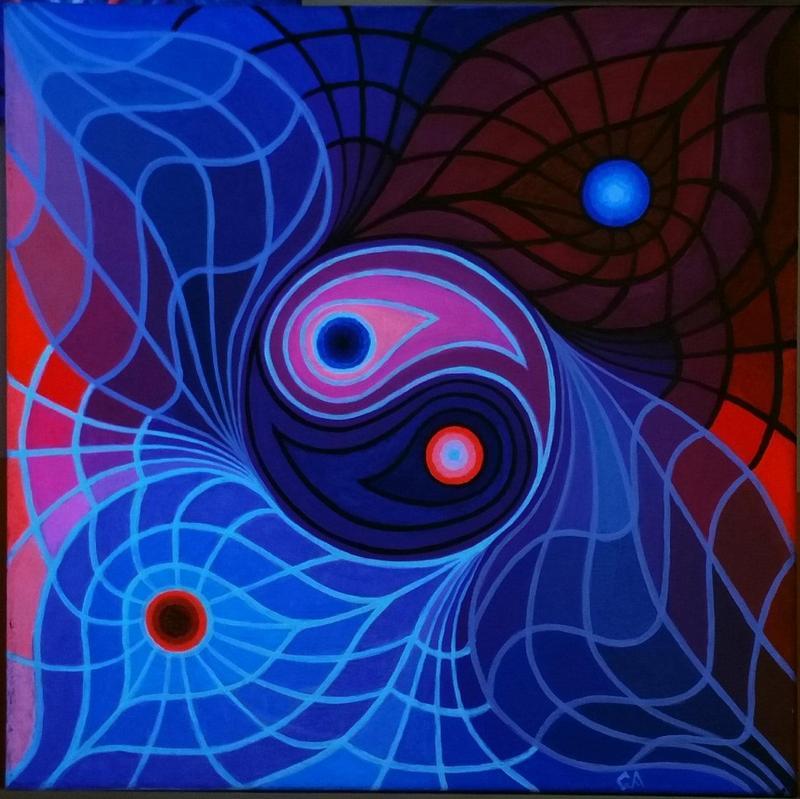Arguments against dualism
Arguments against dualism
As we have seen from our perusing of Descartes’ Meditations, there is, in any event, one amazing contention for dualism. Be that as it may, the view likewise faces a few issues.
1. Dualism and the issue of mental causation
There are solid purposes behind dualists to be interactionist dualists. All things considered, we frequently feel that there are causal relations among physical and mental occasions. We state that I strolled to the espresso pot as a result of my craving for an espresso, that I pulled by hand away in light of the fact that I felt a consuming sensation, that I felt a consuming sensation on the grounds that the burner on the oven was hot. These sorts of models demonstrate that, usually, we regularly believe that psychological occasions are brought about by actual occasions and that actual occasions are brought about by mental occasions.
Probably the most established issue for dualism is to clarify how this can be so. As Kim inquires,
“Would we be able to figure out the possibility that an insignificant soul can be in causal trade with a material body, and that my irrelevant psyche can causally impact the physicochemical cycles going on in my material cerebrum?”
Why this is by all accounts a troublesome issue; the model of ‘billiard ball’ causation. The possibility that causal associations among material and irrelevant things are ‘ unfathomable.’ Why this contention functions too against epiphenomenalist dualism as against interactionist dualism.
An answer with respect to the dualist: not all causation fits the billiard ball model. Maybe causation is a fundamental and mystifying connection, or maybe, as Kim recommends, it very well may be dissected as a “ consistent combination.” Why this investigation would appear to make causal relations among material and irrelevant things conceivable.
This reaction appears to show that the dualist’s issues clarifying mental causation, regardless of whether they suggest some troublesome conversation starters for dualism, don’t without help from anyone else show that dualism is bogus. Yet, there are two different ways of reinforcing this contention against dualism, which we will presently consider.
2. The contention from the causal conclusion of the physical
The possibility that each actual occasion has an actual reason. Why this appears to be conceivable; if there are a few occasions that have mental causes however not actual causes, for what reason hasn’t science discovered any at this point?
Why this contention works (if by any means) against interactionist however not epiphenomenalist dualism. The possibility of causal overdetermination.
3. The matching issue
Kim presents (in pp. 76-90 of the determination you read) a particular contention against dualism, which attempts to show that causation possibly bodes well if the causal relations being referred to hold between two things situated in space. The difficulty he talks about for dualism is known as the ‘ blending issue.’ A route into the matching issue through the case of the two weapon shots (pp. 78-9).
Here is one approach to introduce the issue, as far as psyche to-body causal cooperations: envision that you and I both, simultaneously, want to lift our hand. As indicated by the dualist, these two cravings are both non-actual occasions. Assume that subsequent to having these cravings, my hand goes up, thus does yours. Presently, it appears to be exceptionally evident that my craving brought about by hand to go up, and your longing made your hand go up; my longings need direct power over your real developments, and the other way around. Be that as it may, the inquiry is: how could the dualist clarify this reality? Why, as per the dualist, is my craving the reason for my hand going up, as opposed to the reason for your hand going up? Review the appropriate response we provided for the closely resembling question on account of the two weapon shots: we can follow a nonstop chain of causes, or ceaseless chain of spatial areas, which associates a cause to impact. Yet, this sort of answer appears to be not to be accessible to the dualist who considers mental marvels like longings as situated outside of space.
As Kim says, this isn’t actually an issue about how irrelevant things could be causally identified with material things; it is an issue about how things that are not spatially found could go into causal relations by any means. Kim talks about (80-84) how to raise significantly the equivalent ‘blending issue’ for causal relations between irrelevant spirits. The good, Kim believes, is that
” By and large, causal relations between actual articles or occasions seem to rely critically upon their spatiotemporal relations to one another.” (86)
In the event that this is valid, this standardizes out all significant perspectives which find the psychological outside of reality - regardless of whether the dualist is interactionist, epiphenomenalist, or parallelist. (It would leave immaculate a view on which mental occasions never cause, or are brought about by, anything, regardless of whether mental or physical.)
Two answers for the dualist:
1. Spirits may be insignificant, yet situated in space. Kim contends against such a view on pp. 88-90; is what he needs to state persuading? 2. Maybe Kim’s contention depends on broken suppositions about causation. Why it appears to preclude the chance of ‘activity a good ways off of a sort which a few perspectives on quantum mechanics take to be seen in EPR tests.
Be the first to post a message!
